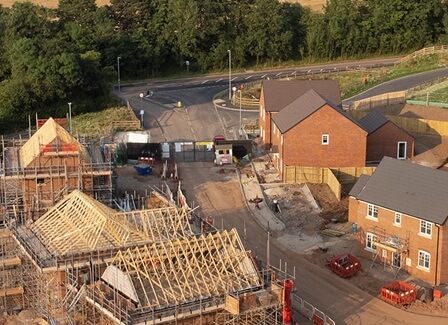The government’s consultation into proposed reforms to the National Planning Policy Framework (NPPF) and other changes to the planning system ended on Tuesday 24 September.
Commenting ahead of the deadline, Ben Standing, Partner specialising in planning and environmental law at UK and Ireland law firm Browne Jacobson, said: “The proposed reforms clearly indicate the government’s resolve to get Britain building again at a time when the number of units approved by the planning system dropped to a 10-year low, highlighting how the current planning system isn’t working as intended.
“However, planning reform will only succeed if it goes hand in hand with a dedicated drive to adequately resource planning authorities, which require sufficient people and skills to consider the merits of large, complex developments featuring a wide range of planning and legal issues.
“Therefore, new funding for local authorities and a focus on accessing the necessary training – perhaps via a dedicated central resource of specific skills – would significantly help to grease the wheels of a new planning system.
“Once the consultation to the NPPF ends, we’d also like to see the government present a plan to work in close collaboration with communities, whose support will go some way to the success of building new housing developments.
“In a recent Net Zero and Local Democracy report published by the Local Government Information Unit and Browne Jacobson, we found that the risk of successful challenge to new environmental measures is greater if local residents feel they haven’t been listened to, and the same is true with housing.
“Therefore, it’s crucial that reform at national level doesn’t lead to projects being imposed on communities against local will. Encouraging developers and local authorities to collaborate with residents on proactively creating local benefits such as better roads, amenities and parks – rather than simply mitigating against problems created – when new developments are proposed would help to achieve national housebuilding targets.”










































